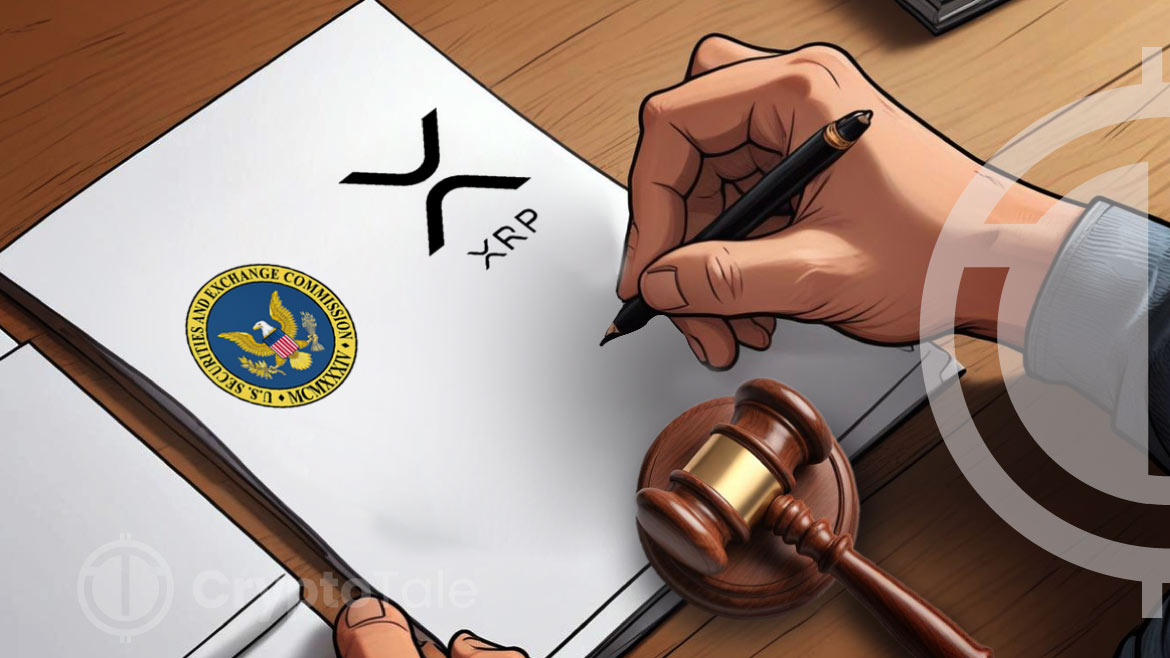- Ripple requests the Court for a temporary stay on the order fine issued on August 7.
- The Court asked Ripple to pay the SEC a fine of $125 million for the illegal sales of XRP.
- Ripple gains the SEC’s approval for additional time to settle the penalty amount.
Ripple Labs has sought a 120-day stay on the $125 million penalty ordered by the U.S. Securities and Exchange Commission (SEC) from the U.S. District Court. This is part of the long-standing litigation between the SEC and Ripple, in which Ripple was accused of selling XRP tokens illegally.
Ripple’s Letter to Court
Attorney James K. Filan posted on his X profile the letter from Ripple seeking a temporary stay on Wednesday. Further, it informed that the firm is planning to place around $125 million in escrow. It proposes to put about 111% of the fine, approximately $139 million, in a bank account. The funds would remain there until a month (30 days) after the appeal window closes or until the resolution of any appeal.
Penalty slashed from $2B to $125M
Ripple was alleged to have conducted unregistered securities sales through its XRP token. The company described this judgment as a partial victory, as the SEC’s original demands sought much higher penalties. Initially, the SEC sought $2 billion as a penalty fine; however, the Court slashed the penalty to $125 million. Currently, Ripple is in the process of enhancing its legal actions to handle further cases.
A Comprehensive Review of Ripple and XRPSEC Approves Ripple’s Plea
The SEC has approved Ripple’s request for a temporary stay on the Court order fine. However, the decision is still pending in Court. Judge Analisa Torres, who presided over the earlier stages of the lawsuit, has yet to approve Ripple’s request.
If either side decides to appeal, the legal proceedings will continue. Notably, the lawsuit has been in progress since December 2020. Additionally, it is stated that the appeal window remains open for 60 days, leaving Ripple’s future uncertain. This development comes after a mixed ruling in July 2023, when Judge Torres determined that XRP was not a security when sold on secondary markets.






